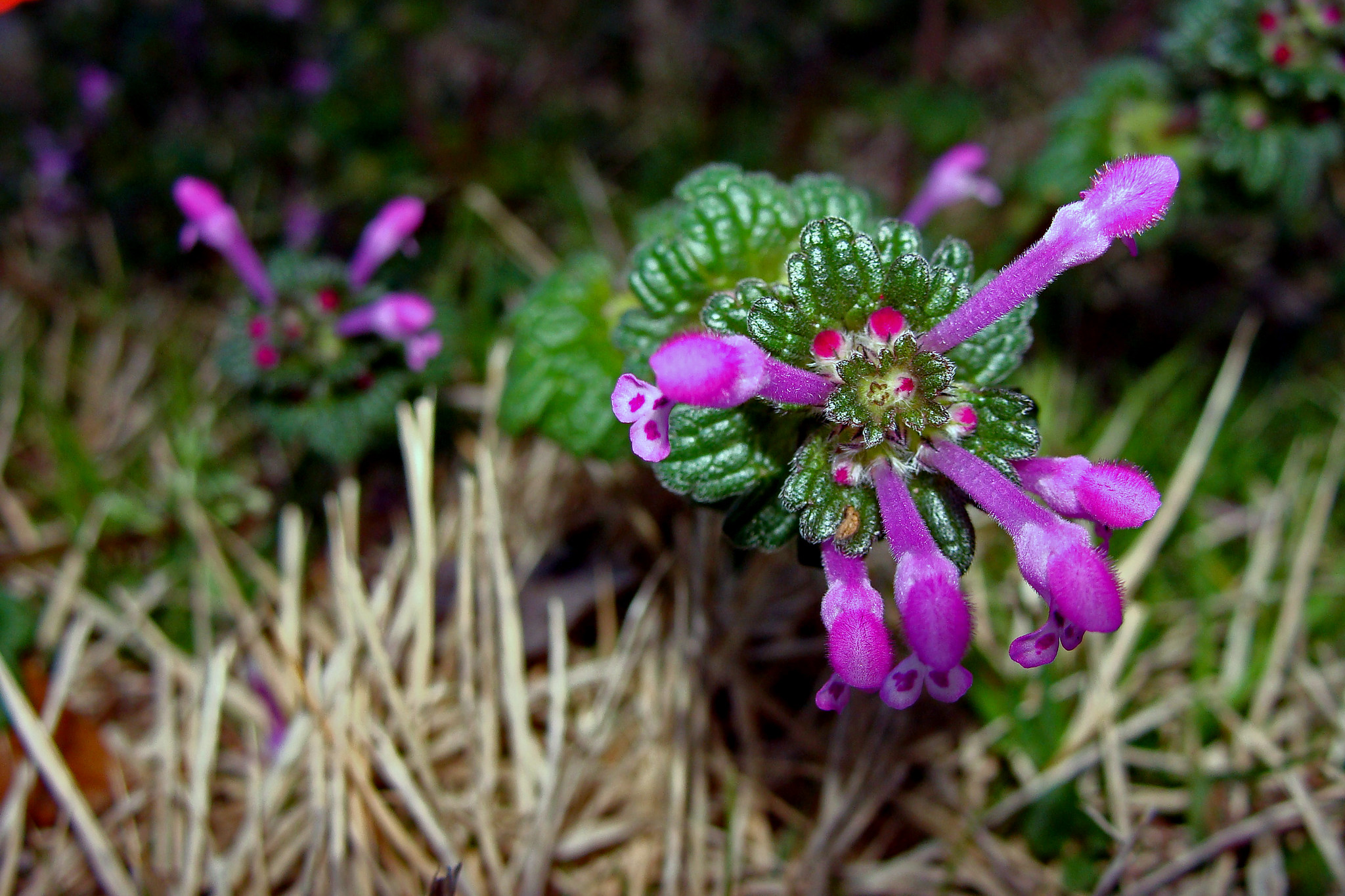Feb. 21, 2020
Now’s the time: check on bermudagrass pastures before the weeds make their springtime debut
By Ryan McGeeney
U of A System Division of Agriculture
Fast Facts:
- The last remaining weeks of this winter should be used to scout your warm-season pastures for weed encroachment and general pasture health
- Henbit and buttercup are slow-growing weeds, but can put a substantial burden on bermudgrass in terms of water and nutrient use
- February is a good month to apply non-selective herbicides without damage to bermudagrass pastures
(372 words)
(Newsrooms: with additional art at https://flic.kr/s/aHsmLwWCZ9)
(Download this story in MS Word format here.)
LITTLE ROCK — While the weather outside may be frightful on any given winter day in Arkansas, spring is, in fact, just around the corner.
Dirk Philipp, associate professor of animal science for the University of Arkansas System Division of Agriculture, said that for Arkansans managing pastures, these last remaining weeks are an important time to scout warm-season pastures for weed encroachment and pasture health in general.
“Warm season pastures such as bermudagrass are dormant during the winter months,” Philipp said. “They’re not dead, but they don’t have any green leaves exposed, and metabolic activity is reduced to a minimum. This leaves the opportunity to control weeds relatively easily, which isn’t the case after green-up.”
The major weeds in bermudagrass are henbit and buttercup, Philipp said. Both are slow-growing, but can put a substantial burden on bermudgrass, in terms of water and nutrient use. Additionally, buttercup has been known to be toxic to some livestock, although actual cases are rare.
February is a good month — and the last opportunity — to apply non-selective herbicides without damage to bermudagrass pastures. The best choice for buttercup is glyphosate in dormant bermudagrass pastures, applied at normal rates, Philipp said. For henbit, however, glyphosate may not be the most effective herbicide. Instead, use products that contain metsulfuron, he said.
Pasture managers should keep in mind that while it’s true that temperature does affect herbicide efficacy, herbicides can still be applied as long as it’s not freezing (herbicides are usually applied with a sprayer, with water as the primary carrier).
As with any agricultural endeavor, producers should take care not to overuse pesticides, or use them at all when unnecessary. The normal precautions — reading and following labels for correct rates, scouting locations for the actual presence of weeds, etc. — apply as much to pastures as they do any other crop.
Both henbit and buttercup are usually widespread, but smaller patches won’t affect bermudagrass growth much, Philipp said. If both henbit and buttercup are present at equal parts, farmers may want to consider using only metsulfuron products, as those will control buttercup as well.
With these tips in mind, a timely and larger-scale application makes for a good, relatively weed-free first cut of bermudagrass hay late May and early June.
To learn about extension programs in Arkansas, contact your local Cooperative Extension Service agent or visit www.uaex.uada.edu. Follow us on Twitter at @AR_Extension.
About the Division of Agriculture
The University of Arkansas System Division of Agriculture’s mission is to strengthen agriculture, communities, and families by connecting trusted research to the adoption of best practices. Through the Agricultural Experiment Station and the Cooperative Extension Service, the Division of Agriculture conducts research and extension work within the nation’s historic land grant education system.
The Division of Agriculture is one of 20 entities within the University of Arkansas System. It has offices in all 75 counties in Arkansas and faculty on five system campuses.
Pursuant to 7 CFR § 15.3, the University of Arkansas System Division of Agriculture offers all its Extension and Research programs and services (including employment) without regard to race, color, sex, national origin, religion, age, disability, marital or veteran status, genetic information, sexual preference, pregnancy or any other legally protected status, and is an equal opportunity institution.
# # #
Media Contact: Ryan McGeeney
Communication Services
U of A System Division of Agriculture
Cooperative Extension Service
(501) 671-2120
rmcgeeney@uada.edu
